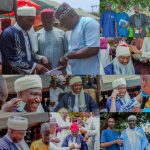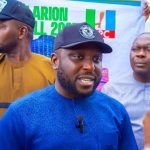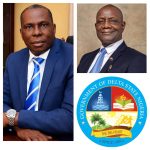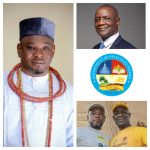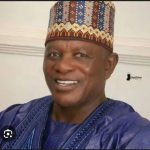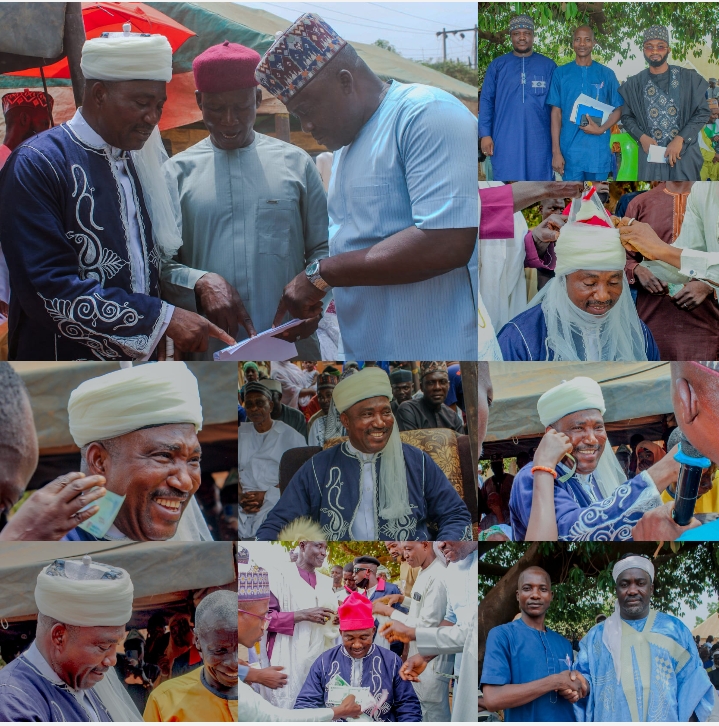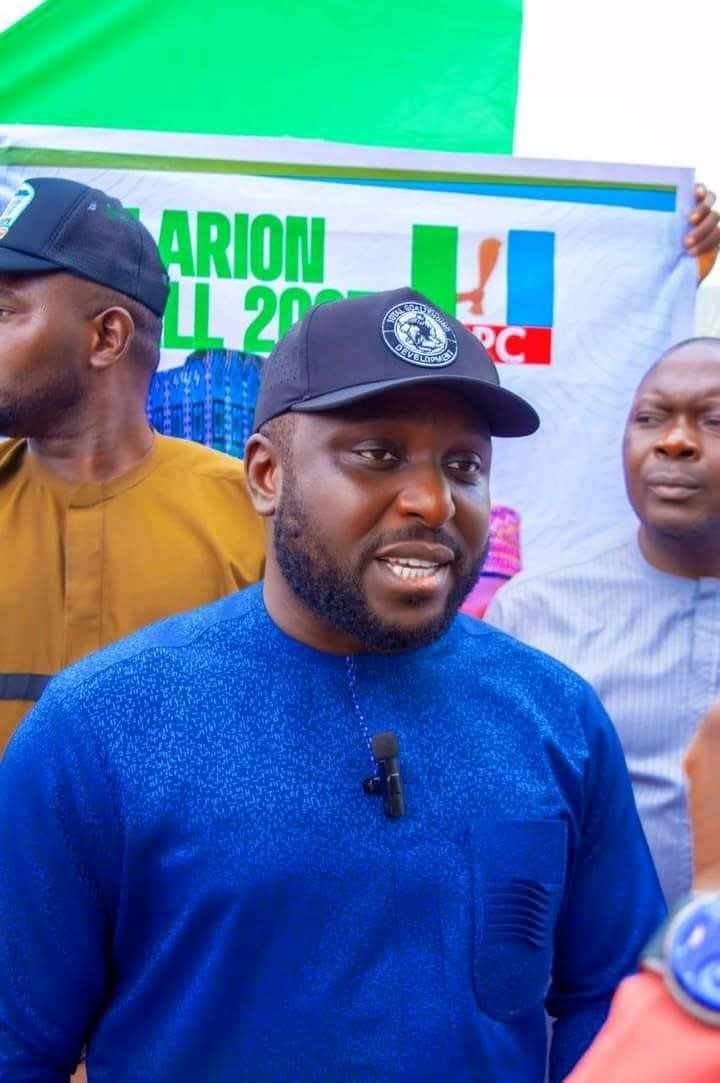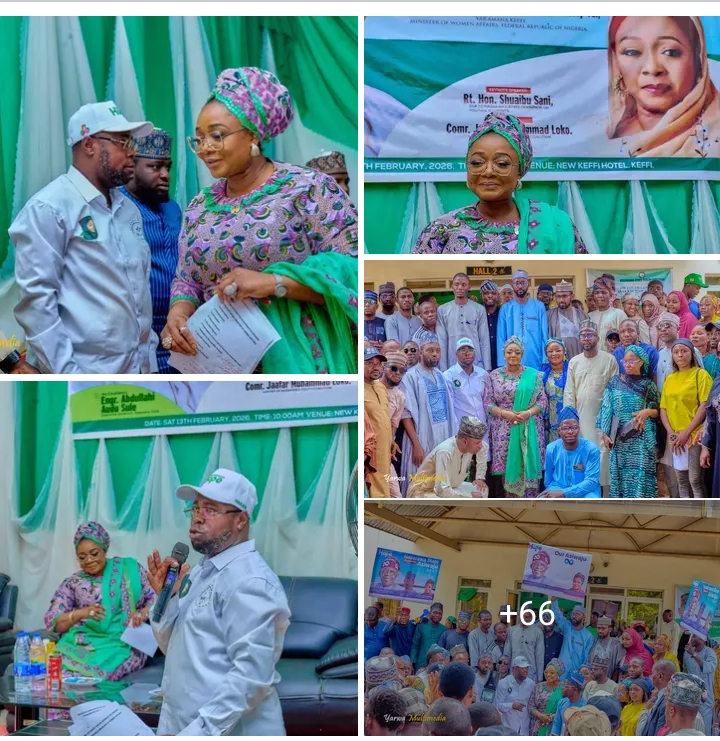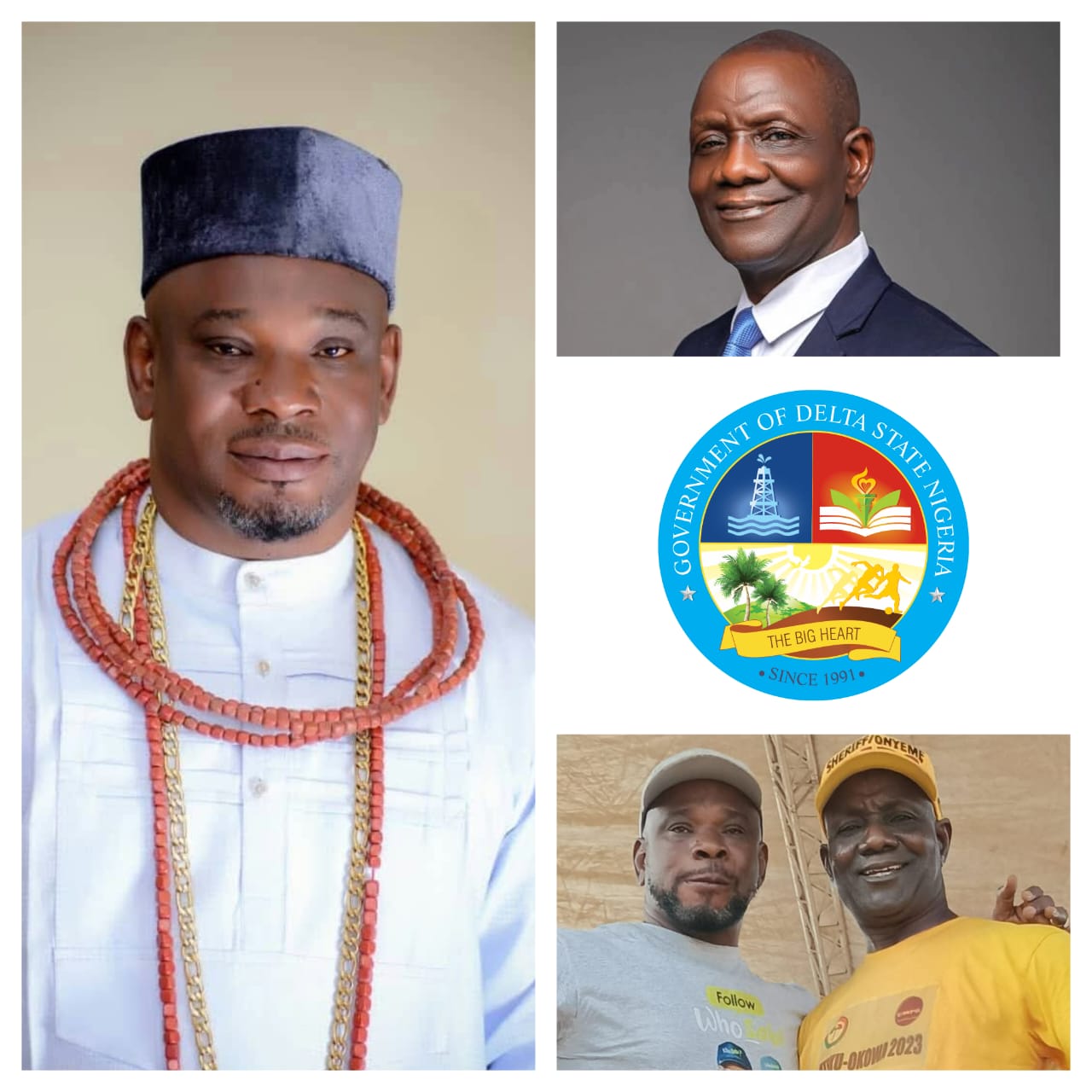…Assesses PR Credentials, Performance of Presidential Spokespersons in Nigeria’s Fourth Republic
Director General, Delta State Orientation and Communications Bureau, Dr Fred Latimore Oghenesivbe, has again affirmed his total conviction that governor Sheriff Oborevwori will govern the state till May 29, 2031, judging from his good governance strides and visionary leadership.
He assured that the speed of infrastructural and socioeconomic development across the three senatorial districts shall be upscaled in the coming years, noting that the people are already benefiting tremendously from ongoing reforms and programmes of the governor as enshrined in his MORE agenda.
Dr Oghenesivbe gave the assurance on Tuesday in Lagos, while speaking to Unilag FM Radio correspondent immediately after defending his Postgraduate Academic Dissertation titled “Accessing the Public Relations Credentials and Performance of Presidential Spokespersons in Nigeria’s Fourth Republic ,” at the Department of Mass Communication University of Lagos.
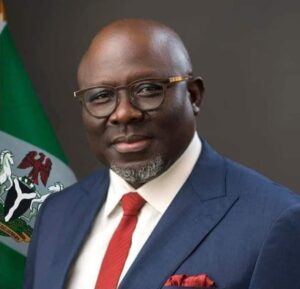
Dr Oghenesivbe is majored in Public Relations and Advertising, PRAD, Master of Science Degree, MSc, in Mass Communication, to essentially complement his Professional Doctorate Degree in Information and Media Strategy Management, Political Science and Law professional background.
He further asserted that prudent management of state resources has saved over N200billion from operating cost, while frivolous spending and blocking of financial leakes shall be sustained, assuring that with the proposed N936Billion 2025 budget, governor Oborevwori will turn the entire state into construction sites, while also leveraging economic prosperity through wealth and job creation.
On the ongoing crisis in the Peoples Democratic Party, PDP, at the national level, the renowned political communication Strategist assured that the party will overcome her internal conflicts, and strategically position itself to win the 2027 presidential election, pointing out that life during the 16 years of PDP government at the centre was far more better that the hardship currently associated with the present ruling party, the All Progressives Congress, APC.
Dr Oghenesivbe appealed to PDP governors and founding fathers of the party, to unite against the dark forces confronting the party, noting that some political gladiators have sworn to destroy the party, and make it politically weak and irrelevant before the 2027 presidential election, which is why all stakeholders must fight for the soul of PDP with wisdom and uncommon political craft.
Touching on his academic dissertation titled; “Accessing the Public Relations credentials and performance of Presidential Spokespersons in Nigeria’s Fourth Republic,” Dr Latimore Oghenesivbe, disclosed that Dr Doyin Okukpe, UBA Sanni, Late Oluremi Oyo, Segun Adeniyi, Ima Niboro, Dr Rueben Abati, Femi Adesina and Ajuri Ngilale were captured extensively in the study.
He posited that the study assessed the public relations credentials of these presidential Spokespersons, examined previous roles held before their appointments, academic qualifications and professional certification, investigated how they utilized various communication channels to discharge their duties, assessed the public relations models employed to communicate federal government activities to the public, and also examined how public relations practitioners perceived the performance of Presidential Spokespersons in Nigeria’s Fourth Republic.
According to Dr Oghenesivbe, the dissertation supervised by renowned communication Scholar, Dr Unwana Samuel Akpan, of the Department of Mass Communication, University of Lagos, found out that Fourth Republic presidential spokespersons lack formal public relations qualifications and NIPR certification, with only late Oluremi Oyo, having a relevant background in Mass Communication.
The study revealed that Dr Rueben Abati and Femi Adesina employed media focus strategy aligning with the Press Agentry/Publicity model, while Late Oluremi Oyo, Ima Niboro and Segun Adeniyi followed the Public Information model to discharge their duties. Dr Okukpe relied heavily on traditional media, emphasizing controlled and less interactive communication forms. Ajuri Ngilale and Uba Sanni performed abysmally in the rating.
The study rated as “Fair” the performance of Presidential Spokespersons from 1999 to 2024, with no spokesperson receiving “Good” or “Excellent” rating. While they have successfully managed communication strategies and maintained the government’s public image, shortcomings in professional training, particularly in public relations, have limited their effectiveness in fostering meaningful public engagement and transparency.
“This indicates that while basic demands are met, there is room for improvement in strategic communication, public engagement and media relations to maintain and sustain government public image, effectively deploy the four public relations models.
“The study also recommended Press Agentry/Publicity, Public Information, Two-Way Asymmetrical and Two-Way Symmetrical models, and Mediatization in Politics Theory, while leveraging multifaceted advantages of social media to firm up performance.
“The study emphasized the need for Presidential Spokespersons to obtain formal public relations training and certification from the Nigerian Institute of Public Relations, NIPR, so as to enhance their expertise and meet professional standards.
“Future presidential Spokespersons should balance traditional and digital media strategies by incorporating real-time social media engagement with controlled messaging through television, radio and newspapers for broader audience reach.
“Spokespersons should prioritize transparent communication models, such as the public information model, which was extensively used by late Oluremi Oyo, Ima Niboro and Segun Adeniyi, to provide factual and open communication with the public rather than focusing solely on managing government image
“The study also recommended that government communication teams should engage in more interactive public dialogue, through the use of two-way Assymetrical model, rather than relying exclusively on controlled media interactions to foster greater public trust and responsiveness.
“Spokespersons should adopt a strategic communication approach that integrates proactive public engagement, addressing both public concerns and government messaging in a more conversational and transparent manner.
“The study contributes to academic research by providing empirical evidence of the evolving media strategies employed by government Spokespersons in Nigeria. It offers fresh insights into how government communication adapts to changing media landscape.
“This shift, documented through the strategies of spokespersons like Dr Rueben Abati and Femi Adesina, enriches the body of knowledge on effective political communication and media evolution in governance.
“The study supports the NIPR’s mission to elevate professional standards in public relations practice by promoting the importance of ethical practices and formal training.
“By aligning it’s recommendations with NIPR’s objectives, the study reinforced the need for professional certification in public relations, and contributes to strengthening the credibility of Public Relations practices within Nigerian democratic governance.” Oghenesivbe said
